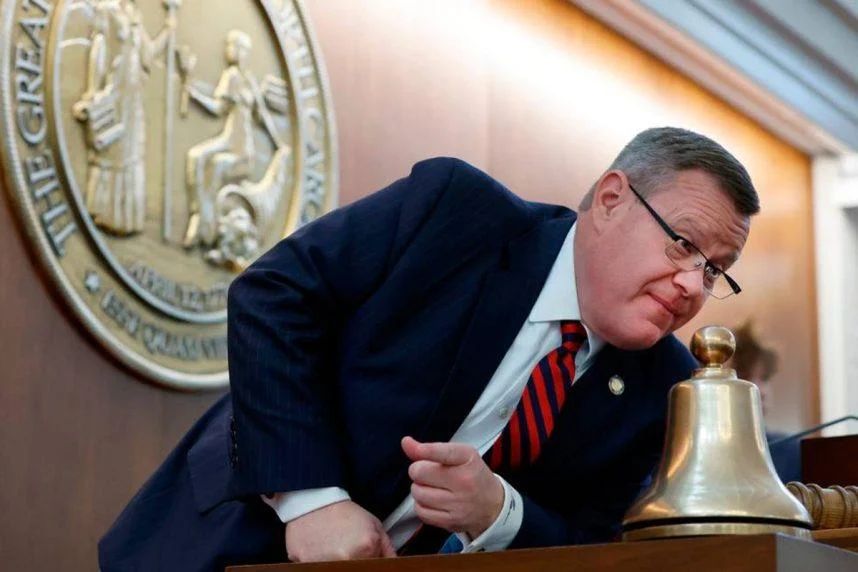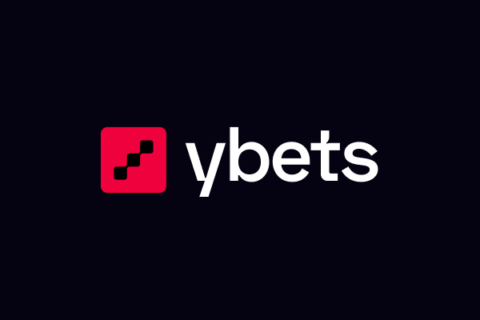North Carolina Gambling Expansion in 2024 Unlikely, Says House Speaker

In North Carolina, significant debates are ongoing about the future of legalized gambling and the complexities of state budget negotiations.
House Speaker Tim Moore recently commented on the persistent “hard feelings” from last year’s contentious casino debate, which continue to influence the legislature’s ability to approve new gambling options, such as video lottery terminals (VLTs).
Non-partisan legislative staff have provided estimates indicating that the legalization of VLTs could generate approximately $1 billion annually for North Carolina.
This substantial revenue projection highlights the financial benefits that VLTs could bring, making it a critical factor in the ongoing discussions about gambling legislation.
Senate leader Phil Berger (R-Rockingham) was a prominent advocate for expanding gambling in North Carolina during last year’s legislative session, pushing for a plan to authorize four additional casinos.
However, this initiative faced strong opposition from a group of House Republicans, primarily due to concerns about the lack of public input and transparency in the discussions.
The controversy surrounding these closed-door negotiations ultimately led to the shelving of the casino proposal. Berger has since stated that he is not pursuing the casino proposal this year, suggesting that any new gambling measures should originate in the House to gauge legislative support more accurately.
North Carolina legalized mobile sports betting in March following legislative approval last year. The impact of this decision has been profound, with sports bets in April alone totaling over $648 million.
This figure demonstrates the popularity and financial potential of mobile sports betting in the state, highlighting a robust market demand for legalized gambling. The success of mobile sports betting serves as a noteworthy example of how expanded gambling options can contribute to the state’s economy.
The budget negotiation process among North Carolina’s top Republicans has encountered several obstacles, contributing to delays in reaching a consensus. Senator Phil Berger expressed frustration over the lack of progress, despite the legislative session starting a month ago.
One significant complication is the revised surplus projection by state economists, who adjusted the estimate downward to $987 million from an earlier figure of about $1.4 billion. Speaker Moore acknowledged that this revision has necessitated adjustments in lawmakers’ plans and expectations, further complicating the budget negotiations.
A point of contention in the budget discussions is the accusation of funding “pork” projects. Senator Berger accused House Republicans of proposing to spend around $1 billion out of reserves on localized projects, which he considers unnecessary or wasteful.
Lawmakers are currently addressing several critical funding issues, including the allocation of additional grants to prevent childcare centers from closing when federal pandemic relief funds expire this year.
This measure aims to support working families by maintaining access to essential childcare services. Additionally, Republicans have committed to funding private K-12 school vouchers, with the Senate voting to allocate an additional $248 million for this purpose next year, reflecting a priority to expand educational options.
Public school teachers and state employees are advocating for better pay amid historically high vacancy and turnover rates. Despite the current budget providing average raises of 7 percent over two years, there is a strong push for higher pay to address ongoing issues and retain qualified professionals in the public sector.
- Other news categories:
- SlotsUp's news





